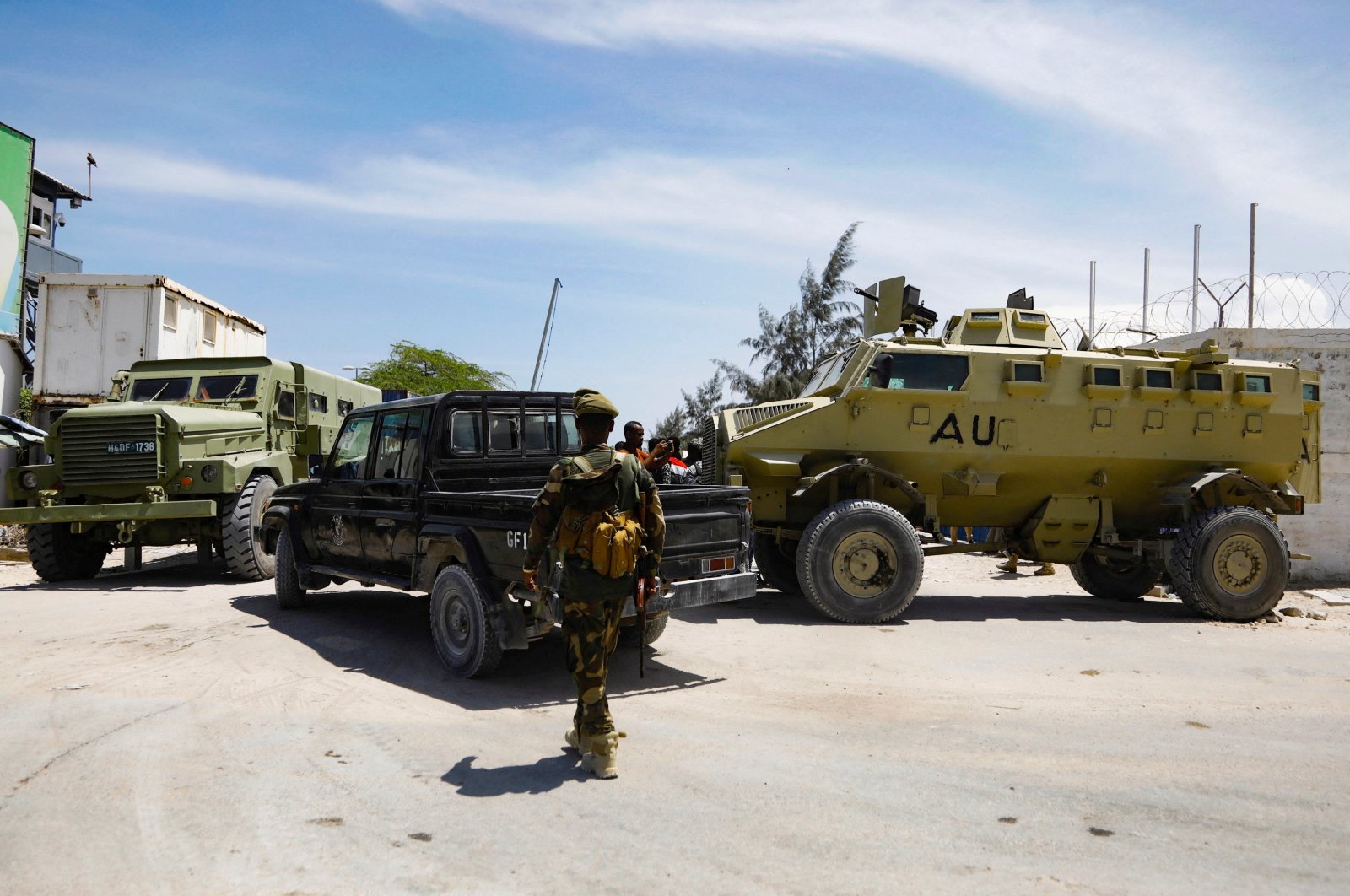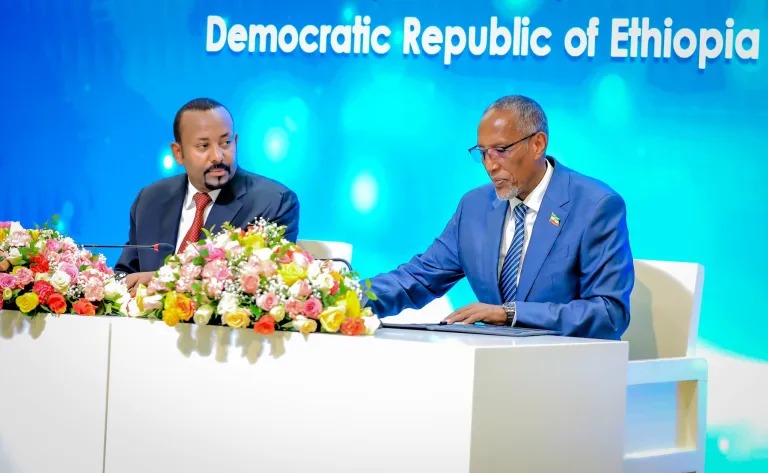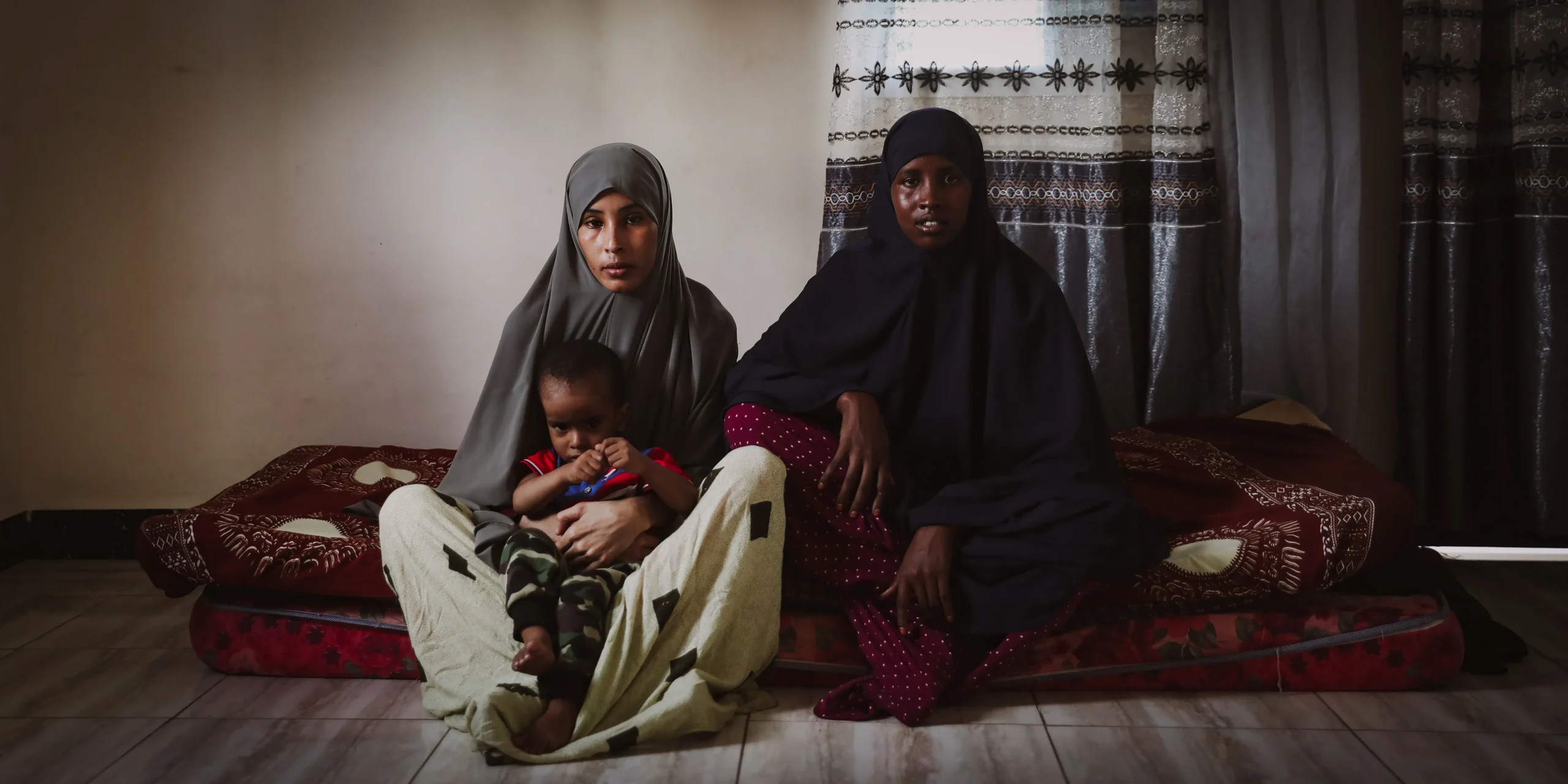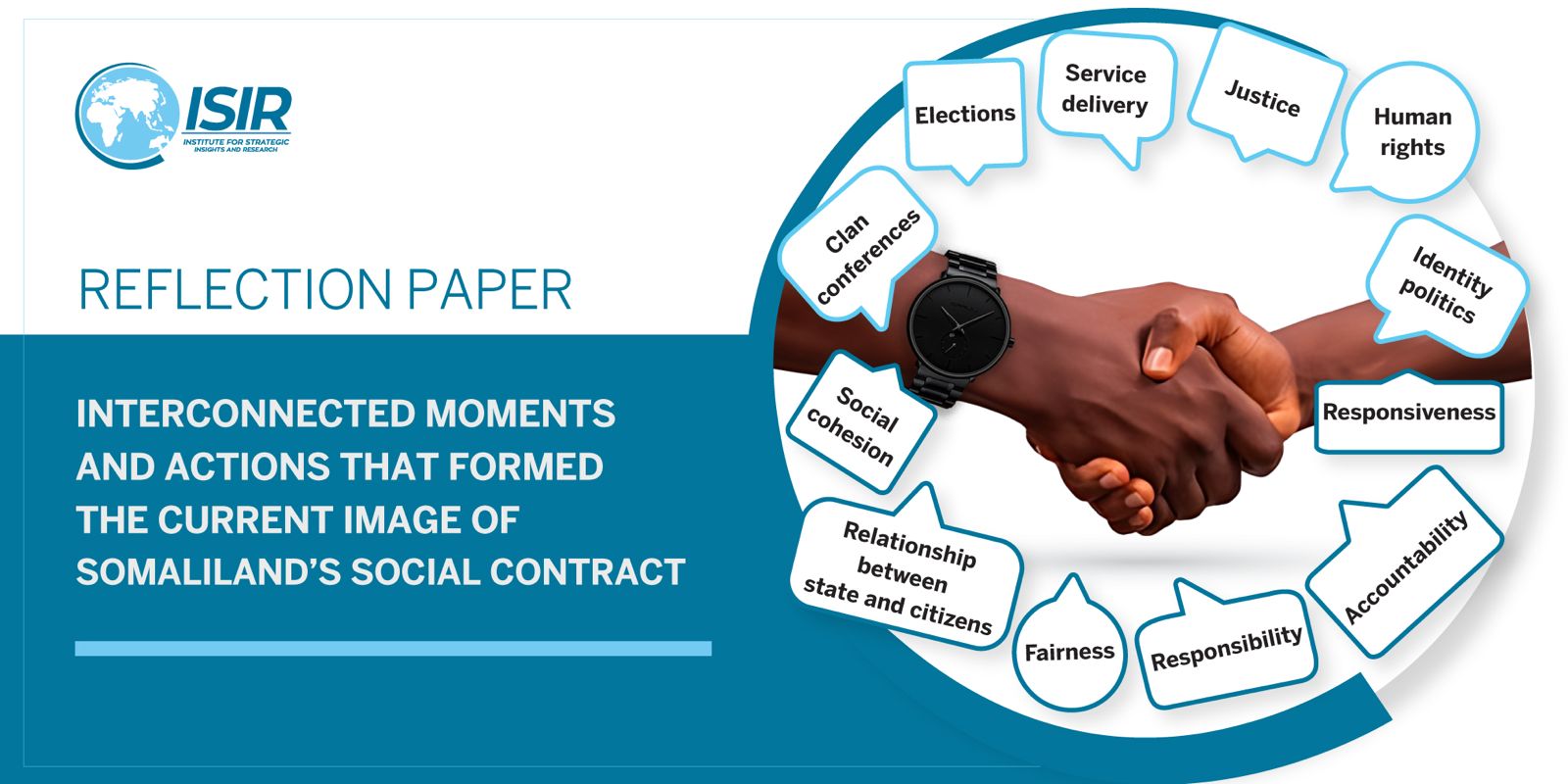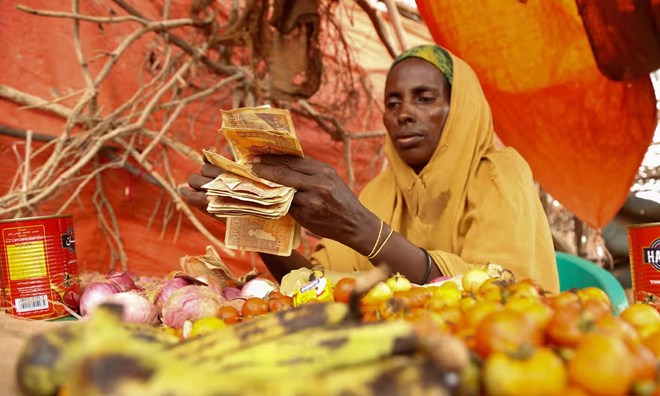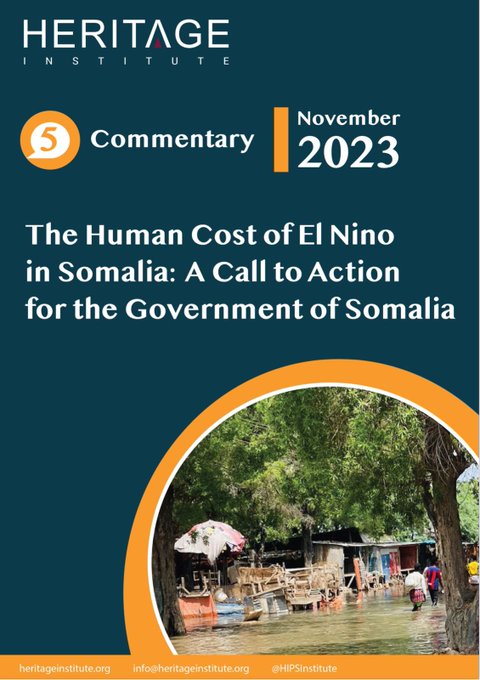Today, the United States, the United Kingdom and the rest of the Western world are in a gloomy mood of what went ‘wrong’ (or right) in Kabul, upon yesterday’s decisive victory for Taliban followed by the titanic and total collapse of the externally-imposed secular state system in Afghanistan. Given the socio-cultural and religious foundations of Afghan society, it was inevitable and obvious that Afghanistan defends its position as the graveyard of global empires. Many a scholar predicting that the Western powers would not be walking softly on the streets of Kabul.
The new development in Kabul has both internal and external repercussions. Internally, the collapse of the Western state and security structure in Afghanistan came with much human suffering, institutional expense and infrastructural destruction that eventually exposed how Western political strategists and military generals were out of new ideas for Afghanistan. Externally, the advert for the pompous book with the promising title, ‘Fixing a Failed State: A Framework for Rebuilding a Fractured World’, by Ashraf Ghani and Clare Lockhart, devoid – as it was – of meaningful and substantial theories based on ground practical realities, ended with the ignominious escape of its principal author in Kabul.
However, the painful but pertinent questions remain: How will the political future of Afghanistan look like? What will be the major important issues and various perspectives? How will the so-called ‘exit strategy’ of the West affect Afghan society? These painstaking following books may have some good answers. For anyone wishing to fully understand the past and present intricate Afghan socio-political dynamics, I would recommend to read them.
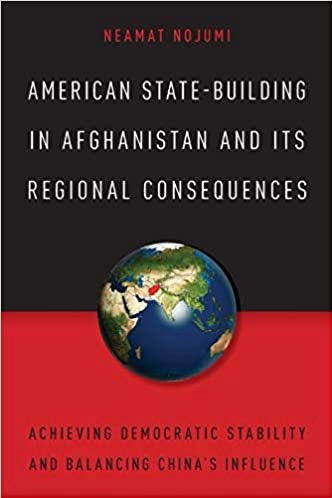
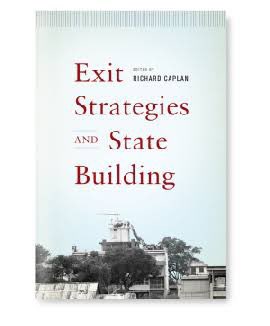
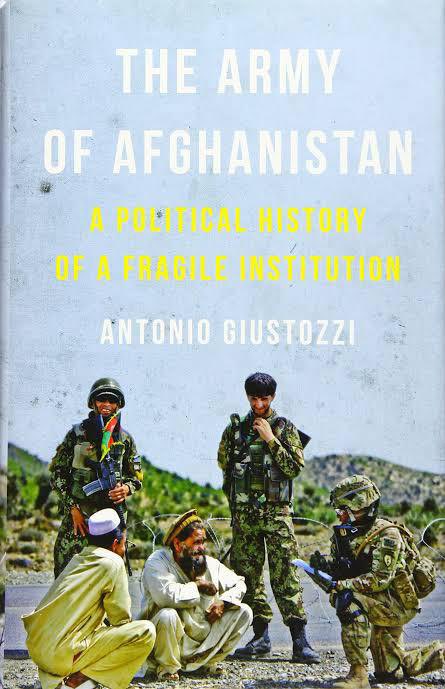
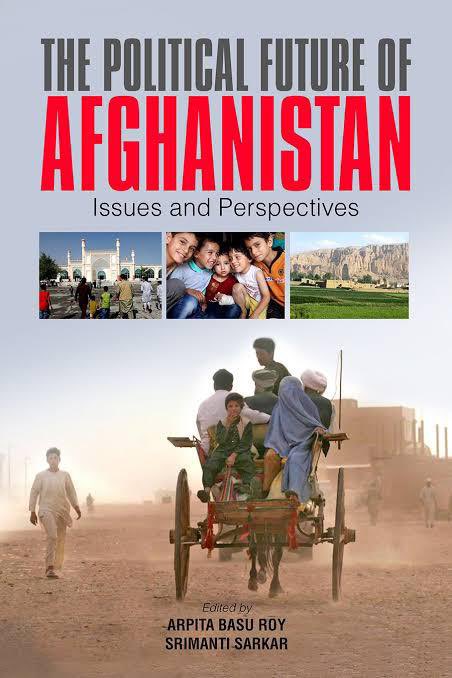
By Prof Mohamed Haji Ingiriis
Categories: Opinion








